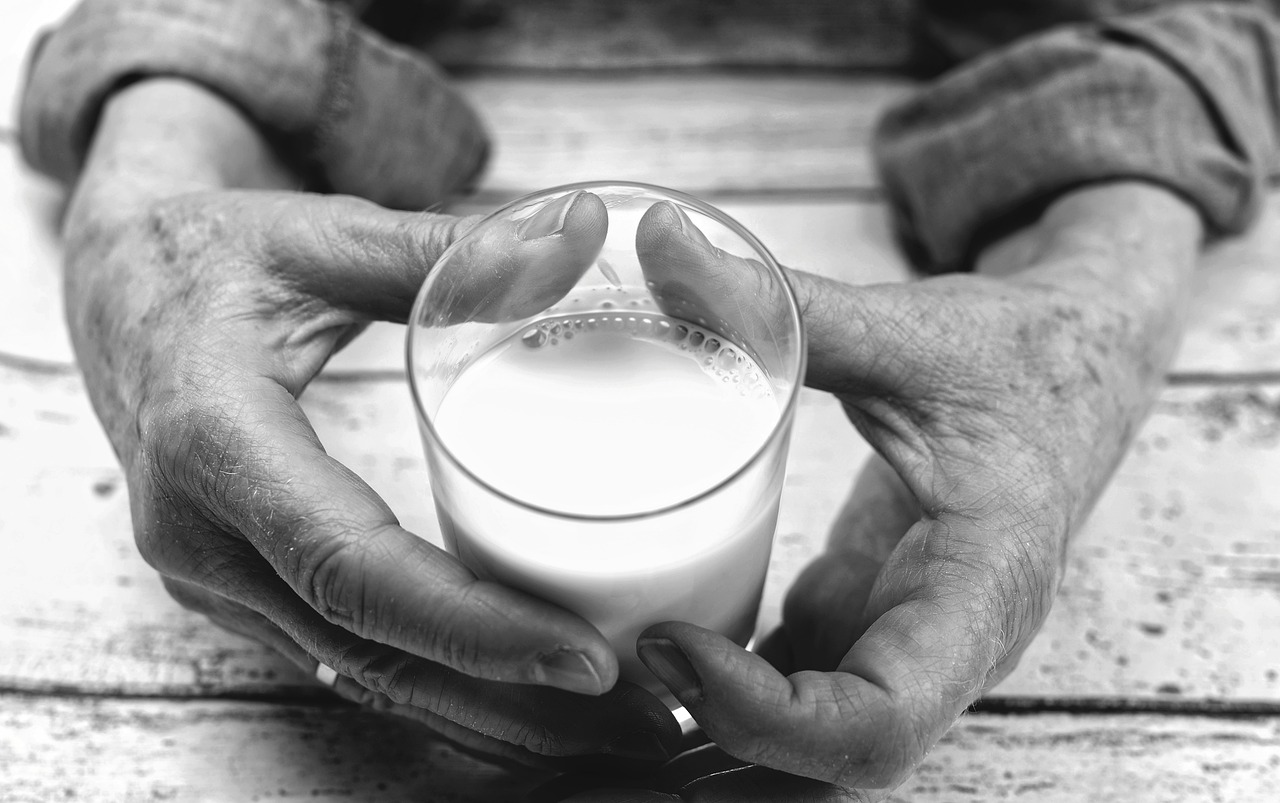“`html
Understanding the Gluten-Free Diet
The gluten-free diet has gained considerable popularity in recent years, owing largely to rising awareness of gluten sensitivity and celiac disease. For individuals diagnosed with these conditions, avoiding gluten—a protein found in wheat, barley, and rye—is crucial for maintaining overall health. However, the gluten-free lifestyle is often misunderstood. This post will explore the key facets of a gluten-free diet, its benefits, practical tips, food lists, and more to help you understand if it might be suitable for you.
What is Gluten?
Before diving into the specifics of a gluten-free diet, it is essential to understand what gluten is and how it affects the body.
Definition and Sources of Gluten
- Gluten: A mixture of proteins found in certain grains.
- Common sources include:
- Wheat (including varieties such as spelt, durum, and farro)
- Barley
- Rye
The Role of Gluten in the Diet
Gluten acts as a binding agent, granting elasticity to dough and helping maintain its shape. However, some individuals struggle to digest gluten, leading to various health issues.
Why Choose a Gluten-Free Diet?
The primary motivation for adopting a gluten-free diet typically revolves around health concerns. Here are the most common reasons:
- Celiac Disease: An autoimmune disorder where gluten intake damages the small intestine.
- Non-Celiac Gluten Sensitivity: A condition causing gastrointestinal or other symptoms when gluten is consumed, without celiac disease diagnosis.
- Wheat Allergy: An allergic reaction that may involve gluten but can also include other proteins found in wheat.
Health Benefits of Going Gluten-Free
- Improved digestive health, especially for individuals with gluten sensitivity.
- Enhanced energy levels, often reported by those with undiagnosed gluten issues.
- Clearer skin, attributed to reducing inflammation from gluten.
How to Transition to a Gluten-Free Diet
Switching to a gluten-free diet doesn’t have to be overwhelming. Here are practical steps to make the transition smoother:
Assess Your Current Diet
- Take stock of the foods you consume regularly.
- Identify foods containing gluten.
Learn to Read Labels
Packaging often includes gluten in various forms. Look for:
- Ingredients such as malt and modified food starch.
- “Gluten-free” labels approved by regulatory standards.
Substitute with Gluten-Free Options
There is a wealth of gluten-free alternatives available, making it easier than ever to enjoy a varied diet. Consider:
- Gluten-free grains like quinoa, brown rice, and buckwheat.
- Specialty gluten-free flours such as almond, coconut, or chickpea flour.
Gluten-Free Foods to Include in Your Diet
Focusing on what you can eat is vital. Here’s a comprehensive list of gluten-free foods:
Fruits and Vegetables
- All fresh fruits and vegetables are naturally gluten-free.
Proteins
- Meat, fish, and poultry without breading.
- Legumes and nuts.
Dairy and Dairy Alternatives
- Plain milk, cheese, and yogurt.
- Almond, soy, or coconut-based dairy alternatives.
Snacks and Grains
- Rice cakes, popcorn, and gluten-free granola.
- Gluten-free certified bread and pasta.
Potential Drawbacks and Considerations
While many thrive on a gluten-free diet, it’s also essential to consider potential drawbacks.
Nutritional Balance
- Some gluten-free products may lack essential vitamins and minerals.
- Increased intake of processed gluten-free foods can lead to excess sugar and fat consumption.
Social Implications
- Dining out can be challenging, as many restaurants do not offer gluten-free options.
- Social gatherings may require planning ahead to avoid gluten-based foods.
Conclusion
Adopting a gluten-free diet can offer various health benefits for those sensitive to gluten or diagnosed with celiac disease. It requires knowledge, careful planning, and attention to dietary choices. By understanding gluten, its sources, and how to properly transition to a gluten-free lifestyle, you can enjoy a nutritious and fulfilling diet. Remember to balance your meals to maintain nutritional adequacy and consult with a healthcare professional for personalized advice tailored to your health needs. Whether motivated by health concerns or personal preference, a gluten-free diet can be a positive change in your eating habits.
“`



